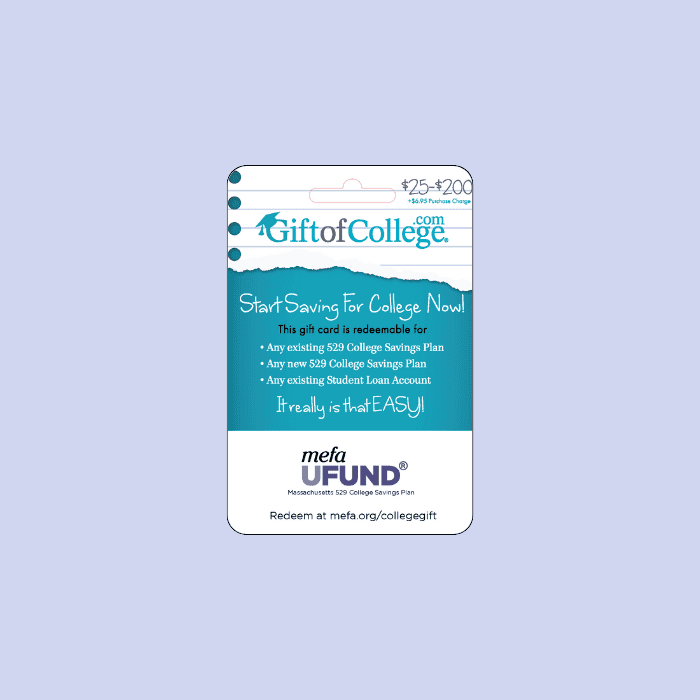Your college years are an excellent time to live and study in a foreign country. Study abroad experiences encourage problem solving, critical thinking, and independence in a way that is difficult to replicate in your home country. And because the world is becoming increasingly connected through technology and transportation innovations, everyone can benefit from international experiences.
If you have made the decision to study abroad, then make sure you check these tasks off your to-do list prior to leaving the country:
1. Talk to Your Academic Advisor
Ensure that the study abroad program you’re considering will fit within your overall college and career plan. Check in with your academic advisor to go over your study abroad program’s course selections. Ask about electives versus major requirements and how foreign credits transfer to your home institution, and review your timeline for graduation.
2. Evaluate Your Finances
Ask your school’s financial aid and global education offices about how your study abroad program affects tuition and financial aid. Some programs allow you to keep your financial aid as is, while others do not. To help alleviate any additional costs, apply for scholarships specific to study abroad programs. Talk with your family and decide if the study abroad experience is a priority, and then choose a program that supports this goal financially.
3. Obtain Required Travel Documents
You’ll likely need both a passport and a visa to study abroad, so begin by checking in with your school and study abroad program to find out exactly what and how to obtain what you need.
-
Passport: If you already have a passport, make sure it doesn’t expire anytime soon. If you don’t have one, you’ll need to apply for a passport in order to leave the country. Passports routinely take 4 to 6 weeks from the time of the application, so be sure to apply well in advance.
-
Visa: You’ll most likely be applying for a student visa. The rules for visas are different for each country, so reference the U.S. State Department’s Learn About Your Destination tool to find out the requirements for the country you’ll be living in.
When you are abroad, it’s recommended that you have a copy of both your passport and visa for the rare case that the originals get lost or stolen.
4. Get Up to Date on Vaccines
Check with your doctor that you are up to date with all routine vaccines, and refer to the CDC website for destination-specific health information. Depending on where you are studying abroad, you may be required to have additional vaccines to protect against certain diseases.
5. Inform Your Bank and Exchange Currency
Set a notification for your travel dates and location(s) in your bank account online or visit your bank to do so in person. You can exchange currency in person, as well, which is a good idea to do for some initial cash on hand. Most airports in foreign countries have a booth for currency exchange, but you’ll get the best rate by using a bank or credit union in the U.S. Once you’re abroad, use credit cards for the best exchange rate, and try to use one that doesn’t charge a fee for international use.
6. Figure Out Your Phone Plan
If you have a smartphone, then you’ll be able to access the internet anywhere that has Wi-Fi. But to make calls, send texts, or use your data, speak with your phone company. Often you can add a travel package plan from your provider or buy an international SIM card that’s compatible with your phone. Or, you can simply buy a new phone once you arrive at your destination and pick a monthly plan or purchase pay-as-you-go minutes for texting and calling.
7. Pack Appropriately
Refer to your study abroad program for packing lists specific to your destination. Consider the climate, airline weight limits, and your ability to make purchases once you arrive. Remember that outlets in foreign countries usually differ from the U.S., so find out what adapter(s) and/or voltage converters you may need as well.
Once you complete these necessary preparations, you can spend your energy focusing on the exciting parts of studying abroad! Many students return from their experiences deeply impacted— their time abroad has forever changed the way they look at the world. Lean in and enjoy your own unique experience. You won’t regret it!













